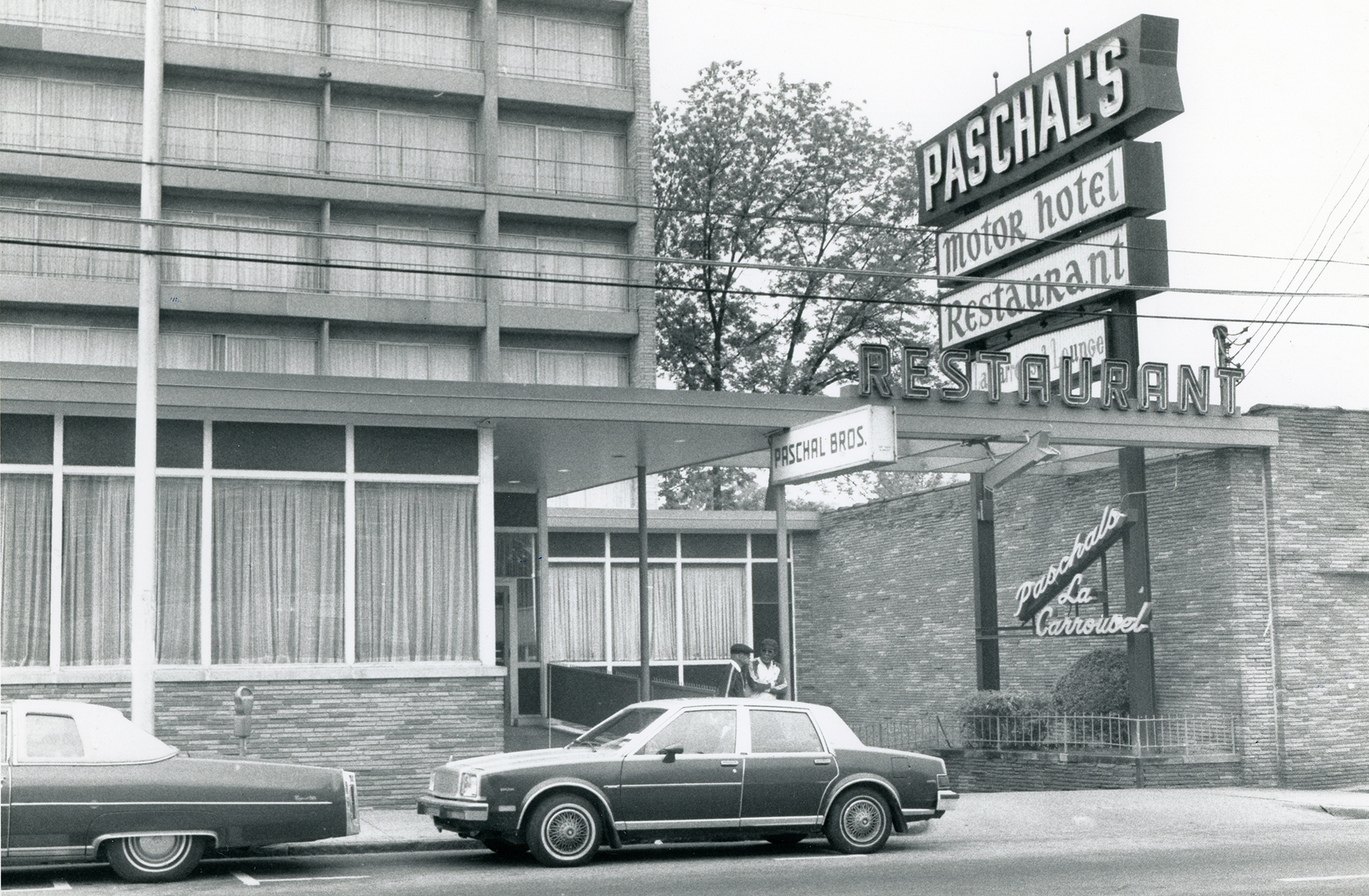Atlanta’s Food Story Was Forged In The Fires Of The Civil Rights Movement
Adapted from Fearless Innovation, Atlanta’s Food Story.
Atlanta cooks with the discipline, defiance and the audacity required of the world’s greatest chefs. Atlanta cooks with swagger, a self-confidence that results only from the knowledge that there is no other city like this one. Throughout Atlanta, you are offered a glimpse into the city’s past, a constant reminder of the history that has shaped this bold and resilient food scene.
When we look back, we are met with the struggle that shaped not only the South, but the entire country’s position on racism. Atlanta restaurants emerged as the vital center for social responsibility. During the civil rights movement food became the heart of the rebellion.
Establishments like Paschal’s, Busy Bee Cafe and Frazier’s Café Society provided not only food, but also the sustenance required for what would be an arduous path toward liberation. These restaurants served as the meeting ground for change, providing nourishment for the community and feeding the belly of a movement. These restaurants offered resistance relief, providing meals for those on the front lines and for those having difficult conversations across the table. Dining rooms turned into the command centers of the revolution. The understanding that food and freedom are inseparable remains at the forefront of Atlanta’s culinary landscape.

Atlanta’s development as a culinary capital commenced only when legal segregation ended, with restaurants playing a vital role in destroying Jim Crow practices during the American civil rights movement. Once the social systems and cultural norms that caused the nation to exist in silos were removed, opportunities for people of various racial and cultural groups opened, allowing them to literally share a seat at the table.
Restaurants are shared social institutions. Within these settings, we fall in love, celebrate milestones and achievements, develop business partnerships and create unforgettable memories. And while restaurants have the power to bring people together, for nearly a century they were instrumental in perpetuating racial segregation in America, particularly in the South.
In 1887, the Supreme Court overturned the Civil Rights Act of 1875, setting the stage for legal segregation in America. It took almost 90 years before segregation was abolished by the Civil Rights Act of 1964, signed into law by President Lyndon B. Johnson. However, the South continued to resist change. Testing the new law, three black college students attempted to dine at the Pickrick Restaurant in downtown Atlanta, owned by Lester Maddox. The staunch segregationist unabashedly pointed a gun at the activists before a live media crew. A legal suit was filed against the Pickrick, which resulted in a federal district court ruling that private businesses could not practice overt racial discrimination. Maddox, eventually, was forced to close his restaurant but not without garnering the support from Georgia conservatives to be elected as governor of the state in 1966.

Restaurateurs like Maddox, who were no longer allowed to practice racial discrimination within the public sphere, took flight and reestablished their businesses in the suburbs. This exodus left many buildings vacant in the commercial district of downtown. Still, it created the opportunity for progressive-minded business leaders to envision a new image of Atlanta as a modern, thriving, innovative and socially progressive city. With time, the city became more international and cosmopolitan. Today, Atlanta is the heart of the South. It is a progressive city where culture and art are commonplace. It attracts and fosters creative people and businesses from all over the world, and they are helping shape everything including the local food scene. Atlanta today is one of the most diverse American cities thanks to the many cultures now calling this city “home.”
Discover More
Get to know Atlanta, and discover the best things to do around the city.
